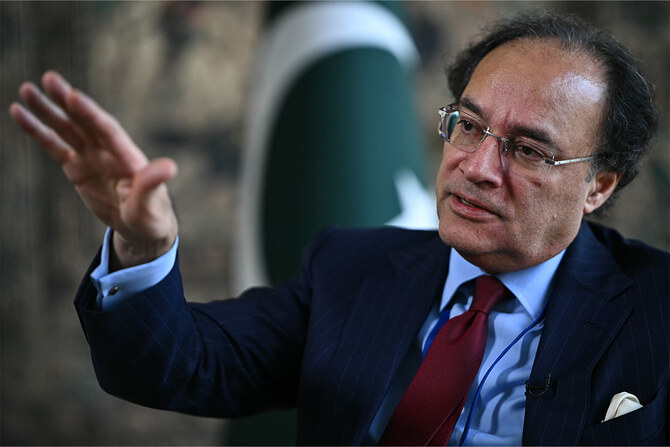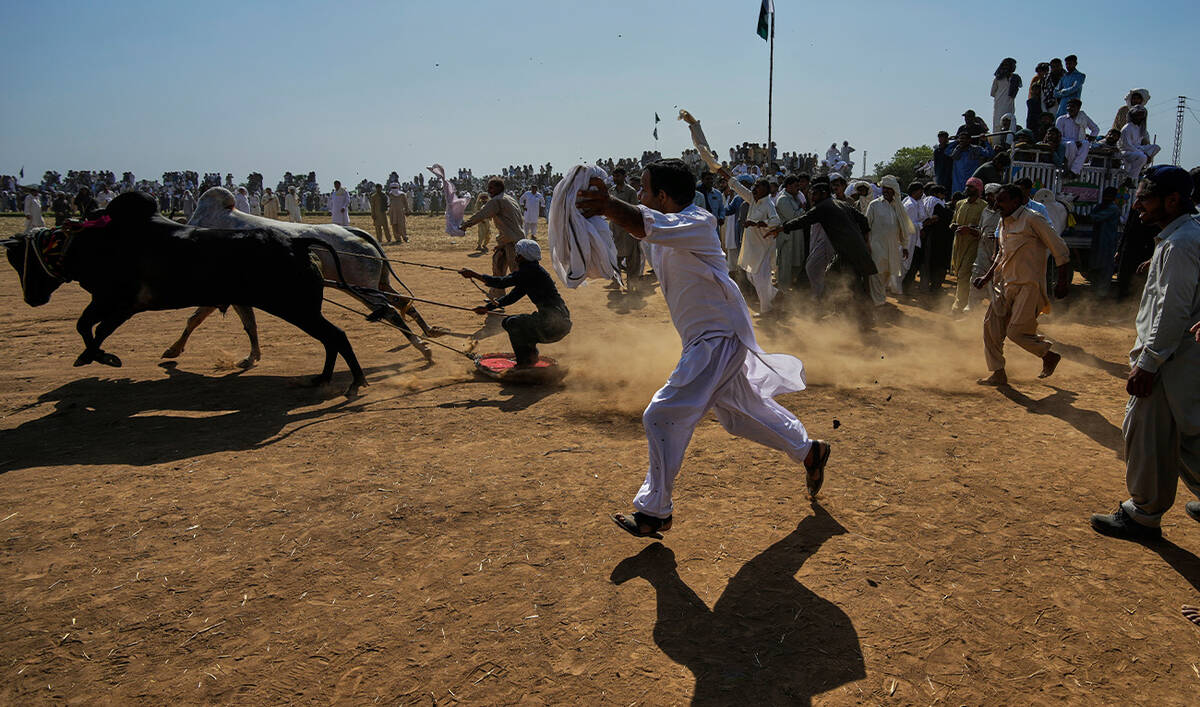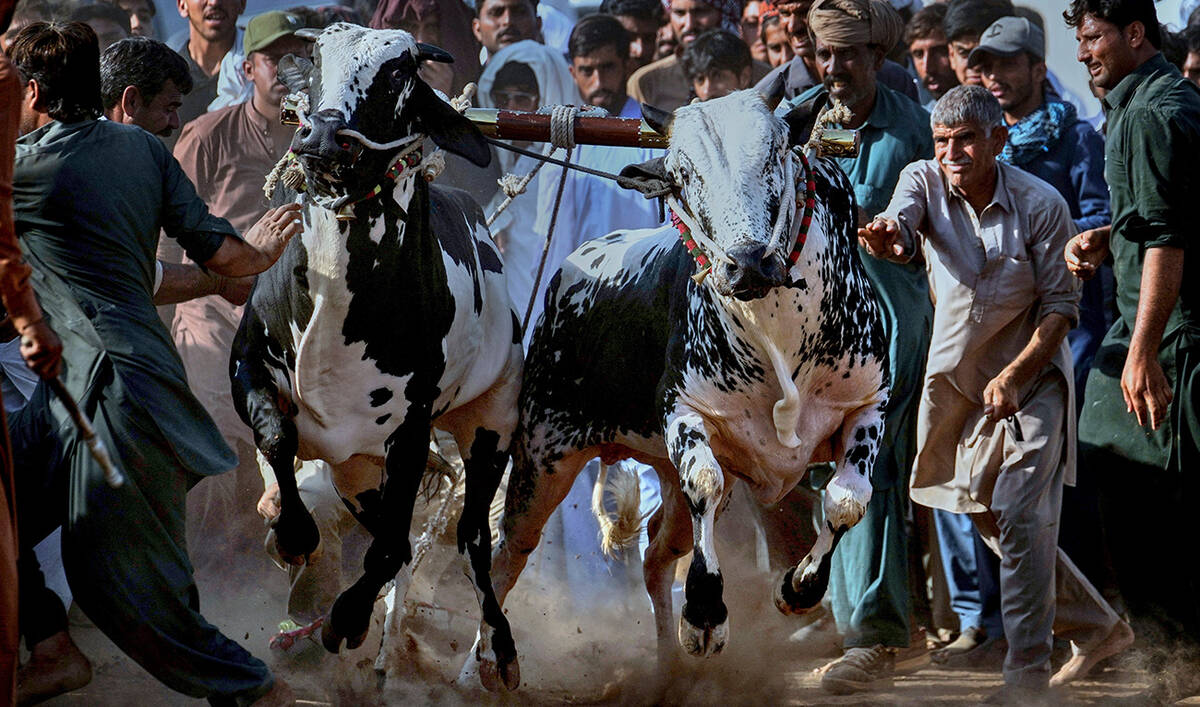ISLAMABAD: Finance minister Muhammad Aurangzeb this week invited Dubai Islamic Bank and Mashreq Bank to enhance investments in Pakistan as the South Asian country struggles to meet external financial needs as part of a $7 billion bailout loan that is pending approval by the International Monetary Fund (IMF) executive board.
Last month, Aurangzeb said Pakistan will focus on meeting its external financing needs by speaking with foreign governments and lenders to draw foreign investment as well as seeking loan rollovers. The government is also seeking to focus on more sustainable forms of external financing such as direct investment and climate financing.
Pakistan and the IMF reached an agreement for the 37-month loan program last month. The IMF has said the program is subject to approval from its executive board and obtaining “timely confirmation of necessary financing assurances from Pakistan’s development and bilateral partners.”
On Thursday, Aurangzeb had a virtual meeting with Dr. Adnan Chilwan, Group CEO of Dubai Islamic Bank, a day after a similar interaction was held with Mashreq Bank President and GCEO Ahmed Abdelaal. Both meetings were arranged to “discuss the economic outlook and explore investment opportunities in Pakistan.”
“During the meeting, while exploring the potential areas for investment in Pakistan, the Minister invited the Dubai Islamic Bank to enhance its investment in the country and reaffirmed the government’s dedication to maintaining a stable macroeconomic environment and ensuring that all necessary measures are in place to facilitate foreign investment,” the finance ministry said in a statement after the virtual meeting between Aurangzeb’s team and the Dubai Islamic Bank official.
The minister also provided an in-depth overview of Pakistan’s current economic situation, emphasizing progress made in stabilizing the economy and fostering a conducive environment for business and investment.
“He highlighted key initiatives taken by the government such as broadening the tax base, enhancing the ease of doing business, the digitalization of the Federal Board of Revenue (FBR), and ongoing reforms and restructuring in state-owned enterprises (SOEs) and privatization,” the statement said.
“Aurangzeb expressed gratitude for Dubai Islamic Bank’s continuous engagement with Pakistan’s financial sector … He highlighted the government’s commitment to strengthening economic ties with international partners, particularly in Islamic banking, and expressed optimism about future collaborations with Dubai Islamic Bank.”
According to the finance ministry statement, Chilwan expressed “appreciation” for Pakistan’s economic policies and initiatives, and said Pakistan remained a “strategically important market” for Dubai Islamic Bank, reiterating the bank’s interest in playing a “larger role in the country’s financial growth, particularly in sectors such as Islamic banking, infrastructure, and SME development.”
Pakistan is in talks with Saudi Arabia, the United Arab Emirates and China to meet gross financing needs under the IMF program, Aurangzeb said in July following a trip to China to seek energy sector debt reprofiling.
Rollovers or disbursements on loans from Pakistan’s long-time allies, in addition to financing from the IMF, have helped Pakistan meet its external financing needs in the past.
Tough conditionalities placed by the IMF, such as raising tax on agricultural incomes and lifting electricity prices, have prompted concerns about poor and middle class Pakistanis grappling with rising inflation and the prospect of higher taxes.



















